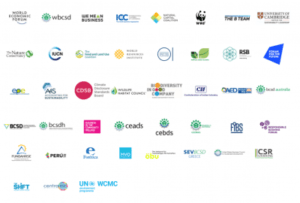Davos, Switzerland, 21 January 2020 : Today at the World Economic Forum in Davos, Business for Nature -a global coalition of influential organizations and forward-thinking businesses – is calling for concrete action from governments to deliver a new deal for nature and people. 2020 provides a historic opportunity as world leaders and governments come together at several key moments to determine the planet’s future.
According to the World Economic Forum’s Nature Risk Report launched a few days ago, businesses are more ependent on nature than previously thought. Around $44 trillion of economic value generation – more than half of the world’s total GDP – is moderately or highly dependent on nature and is therefore exposed to nature loss.
More than 360 companies from the Business for Nature community have already made commitments to help reverse nature loss. By doing so, they are responding to the very real and significant risks that are posed to economies, communities and livelihoods.
There is action, but it’s not enough. Businesses need to urgently scale and speed up efforts, and require ambitious policies to encourage the transformative change that the world’s scientists tell us is necessary to mitigate climate change, promote sustainable growth and halt the decline of biodiversity.
To develop these robust policy recommendations, Business for Nature engaged hundreds of companies from 15 sectors, operating in five continents, as well as many other organizations.
The five recommendations call on governments to:
1. Provide direction and ambition: adopt global targets informed by science to reverse nature loss by 2030 and recognize a planetary emergency.2. Align, integrate and enforce policies for nature, people and climate: bring greater coherence to UN governance, make nature part of mainstream government policy and ensure effective enforcement of environmental laws. 3. Go beyond short-term profit and GDP: value and embed nature in decision-making and disclosure so that governments, companies and financial organizations can make better long-term decisions. 4. Finance a socially fair transformation: reform subsidies and incentives to reward positive action on nature alongside innovative and circular business models and; promote financial solutions that support nature. 5. Engage, enable and collaborate: join forces for nature so that the public and private sector can
implement solutions and empower society to act. |
These bold actions on nature – if adopted – have the potential to unleash new opportunities and support
business to do even more, which in turn leads to greater policy ambition. Businesses are pushing for
governments to adopt these policies because they understand that social and economic prosperity, and the
success of their businesses, rely on a healthy natural world. And that to resolve the climate and biodiversity
crises and reduce inequality we must protect, conserve and restore nature.
Speaking at the launch event in Davos, Eva Zabey, Executive Director of Business for Nature said, “Financial
performance is irrelevant on a dead planet. Businesses are uniting behind and calling on governments to support these recommendations to create a level playing field and a stable operating environment. By demonstrating the hidden value of nature and the economic consequences of our failure to protect ecosystems, we can incorporate nature into the heart of mainstream business, finance and government decision-making.”
Dr Anne Larigauderie, Executive Secretary, IPBES said, “The IPBES Global Assessment Report made it clear that properly protecting nature’s contributions to people requires a globally sustainable economy. The necessary evolution of financial and economic systems can only be achieved in partnership with responsible decision-makers, in Government but also critically, with the private sector. IPBES therefore welcomes engagement and initiatives, such as these important policy recommendations from Business for Nature, as vital contributions to the growing wave of awareness and more ambitious action for biodiversity.”
This year provides a unique opportunity to forge international agreements as leaders did for the Paris Climate Change Agreement in 2015. A new deal for nature and people would put environmental and social development at the heart of our economic, political, social and financial systems. Businesses are uniting and appealing to world leaders and governments to adopt the policies announced by Business for Nature today – and they are ready to help. Many businesses have already made commitments to not only protect, but restore nature. Business cannot solve these challenges alone; political leadership is needed to catalyze more business action.
Karl-Johan Persson, CEO, H&M Group said, “We have set Science Based Targets and are working towards our ambition to become fully circular and climate positive, but it is not enough. Biodiversity is key for the future of the planet. All actors need to take their responsibility seriously to drive the change needed. Companies need to commit and act, governments need to facilitate the process through ambitious laws and implementation thereof. It is only through collaboration that we will solve the challenges with the loss of nature we face today.”
Roberto Marques, Executive Chairman of the Board of Directors and Group CEO, Natura &Co said, “The planet cannot wait. At Nature &Co we strive to balance economic, environmental, and social goals across all
aspects of society, and scale our collective efforts without delay to tackle the climate crisis. The responsibility is on all of us to work together to protect the world’s natural resources, and ultimately the well-being and future of our communities.”
Svein Tore Holsether, President and CEO, Yara International said, “The window of opportunity to reverse nature loss is closing fast. Decisive action is needed to transform our economy into one that comprehends the environmental, societal and business value of protecting nature. Inaction is not an option.”
Alan Jope, CEO, Unilever said, “The science on nature loss is terrifying. Nature underpins everything on this planet. A New Deal for Nature and People in 2020 that brings transformative change to our relationship with our planet is absolutely critical. Business should be at the fore of calling for this change.”
Wiebe Draijer, CEO, Rabobank said, “ We believe that the transformative change needed to reverse nature loss, climate change and inequality cannot be achieved without proper incentives and financial mechanisms. That is why as a globally operating specialised food and agriculture bank, Rabobank wholeheartedly support this concerted effort to work in effective public-private partnership to protect nature as part of our mission. ”
Rodolfo Lacy, Environment Director, OECD said, “The loss of biodiversity and ecosystem services is costing our economies trillions of dollars a year. Government and business must scale up action to protect and restore nature. Governments need to reform the financial support they provide that is harmful to biodiversity. Business also has a key role to play including by understanding its dependence and addressing its impact on biodiversity. These Business for Nature recommendations provide valuable guidance on how to implement transformative changes.”
Only together will business, governments and civil society be able to unlock new opportunities to deliver the global systemic and transformative change for everyone and everything to live sustainably on a healthy planet.
****
– Link to full policy recommendations
https://www.businessfornature.org/policy
Business for Nature – we catalyze business leadership to drive policy ambition Business for Nature is a global coalition bringing together influential organizations and forward-thinking businesses. Together, we demonstrate business action and amplify a powerful business voice calling for governments to reverse nature loss.
https://www.businessfornature.org/


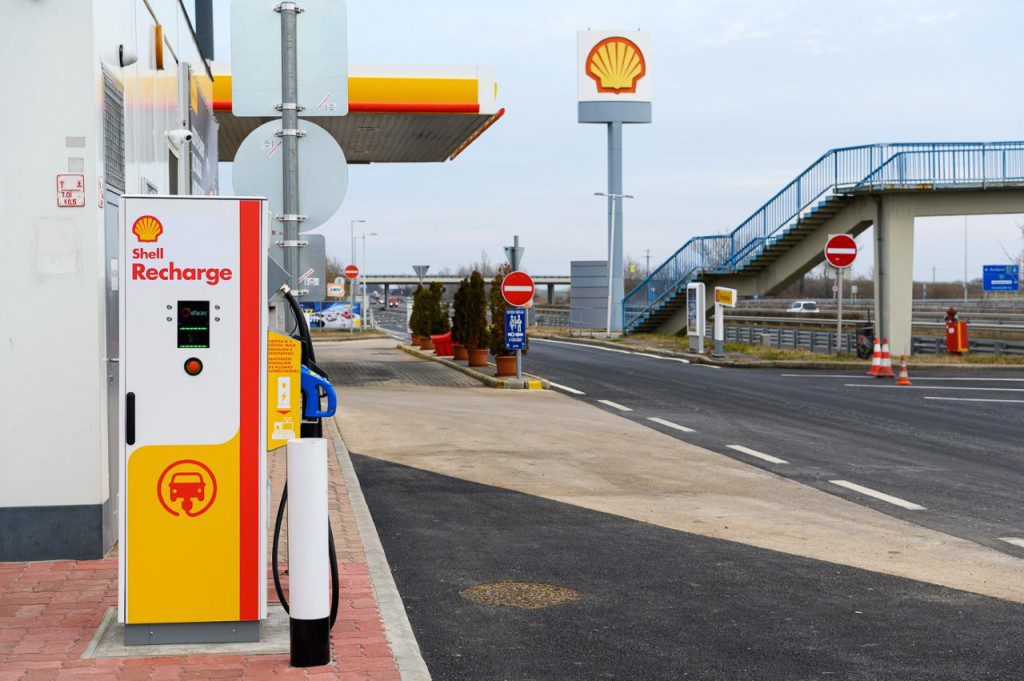
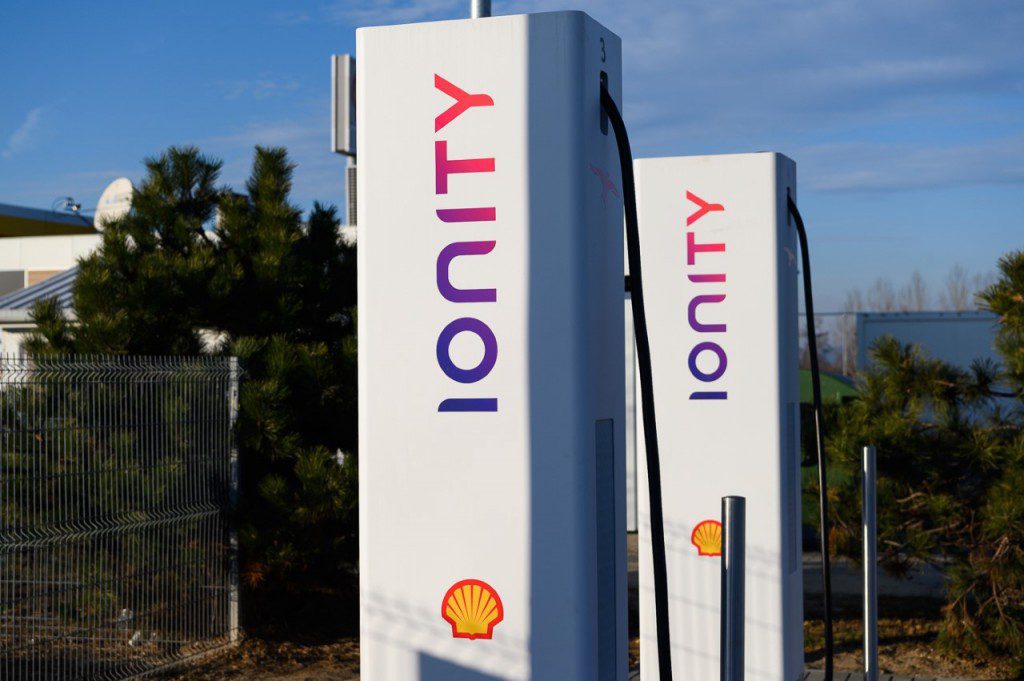
 to serve its numerous tenants. Our express goal was to reduce take-out food orders while motivating diners for short open air walks in the Park and to provide a wide variety of freshly prepares meals. At the same time significant reduction of waste is achieved, way less plastic and paper are wasted and less leftovers are generated.
to serve its numerous tenants. Our express goal was to reduce take-out food orders while motivating diners for short open air walks in the Park and to provide a wide variety of freshly prepares meals. At the same time significant reduction of waste is achieved, way less plastic and paper are wasted and less leftovers are generated.
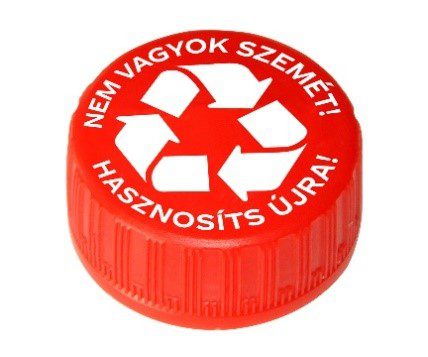 One of the aims of Coca-Cola’s global Zero Waste World strategy is to collect as many plastic bottles and aluminium cans by 2030 as the amount sold. To advocate selective garbage collection, the company launches a national
One of the aims of Coca-Cola’s global Zero Waste World strategy is to collect as many plastic bottles and aluminium cans by 2030 as the amount sold. To advocate selective garbage collection, the company launches a national  2050. Daikin’s business partners were also introduced to a range of new products and initiatives including the high efficiency, low GWP Daikin mini VRV 5 and the pioneering L∞P by Daikin scheme which reuses refrigerant for new VRV systems.
2050. Daikin’s business partners were also introduced to a range of new products and initiatives including the high efficiency, low GWP Daikin mini VRV 5 and the pioneering L∞P by Daikin scheme which reuses refrigerant for new VRV systems. market solutions that reduce the CO2 footprint of our customers. The key visual representing the VRV Summit consists of three leaves, which together highlight the three most important fields of action: innovation, circular economy and smart control.” – explained Bernard Dehertogh, head of commercial DX products at Daikin Europe.
market solutions that reduce the CO2 footprint of our customers. The key visual representing the VRV Summit consists of three leaves, which together highlight the three most important fields of action: innovation, circular economy and smart control.” – explained Bernard Dehertogh, head of commercial DX products at Daikin Europe.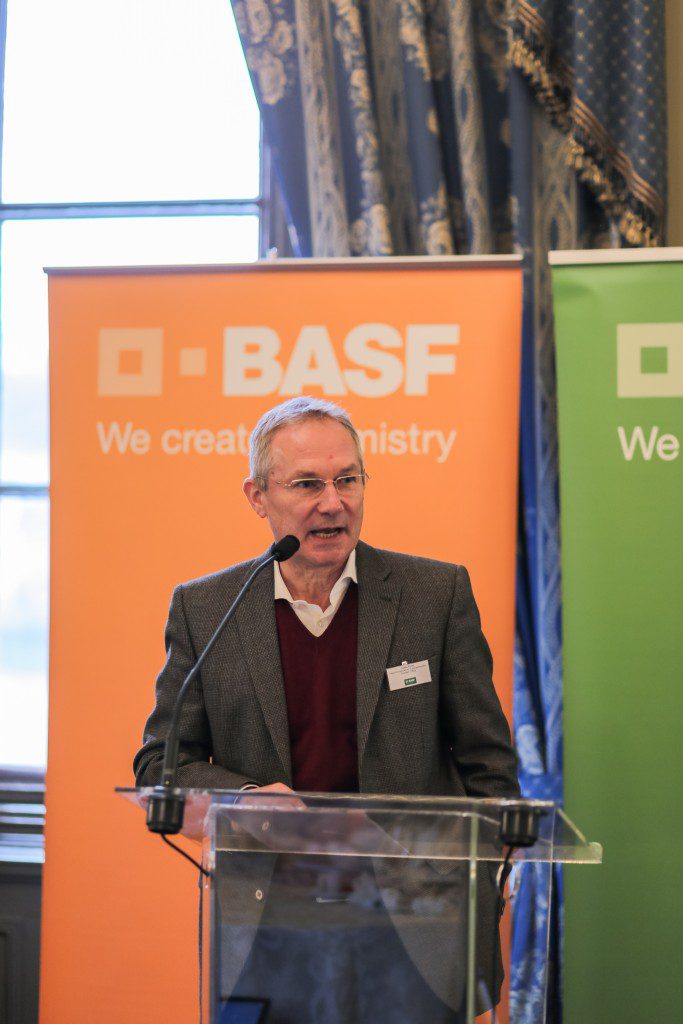
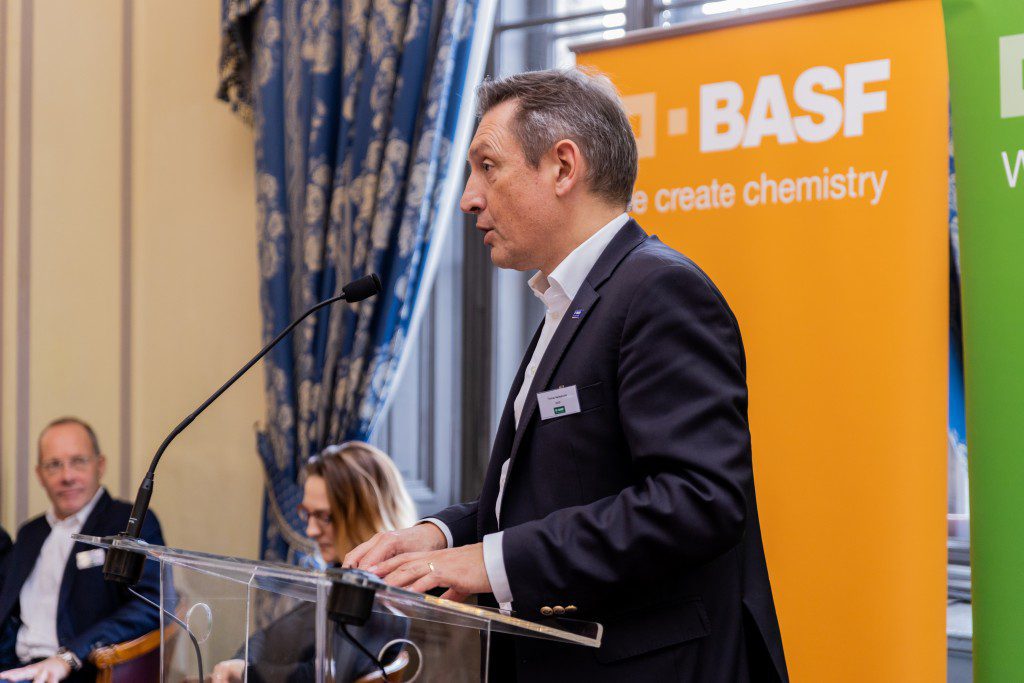
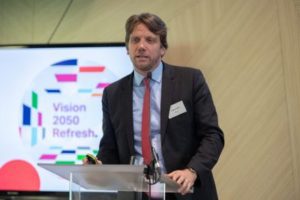

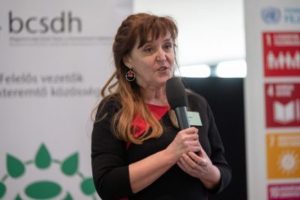
 Filippo Veglio
Filippo Veglio